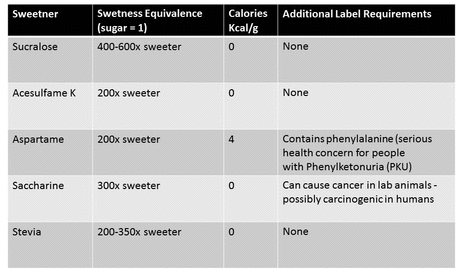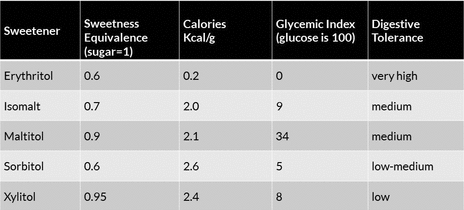|
Samba balances his energy with two daily walks.
He keeps fit and socialized by running and playing in the park three times a week. |
Lifestyle Find Yours.
Samba in front, followed by his friend Batucada. |
Follow US on Social Media
We post articles related to Fitness, Nutrition, and Lifestyle.
|
For Inquiries
|
Copyright 2008 ©
GO6PACK Fitness
GO6PACK Fitness




